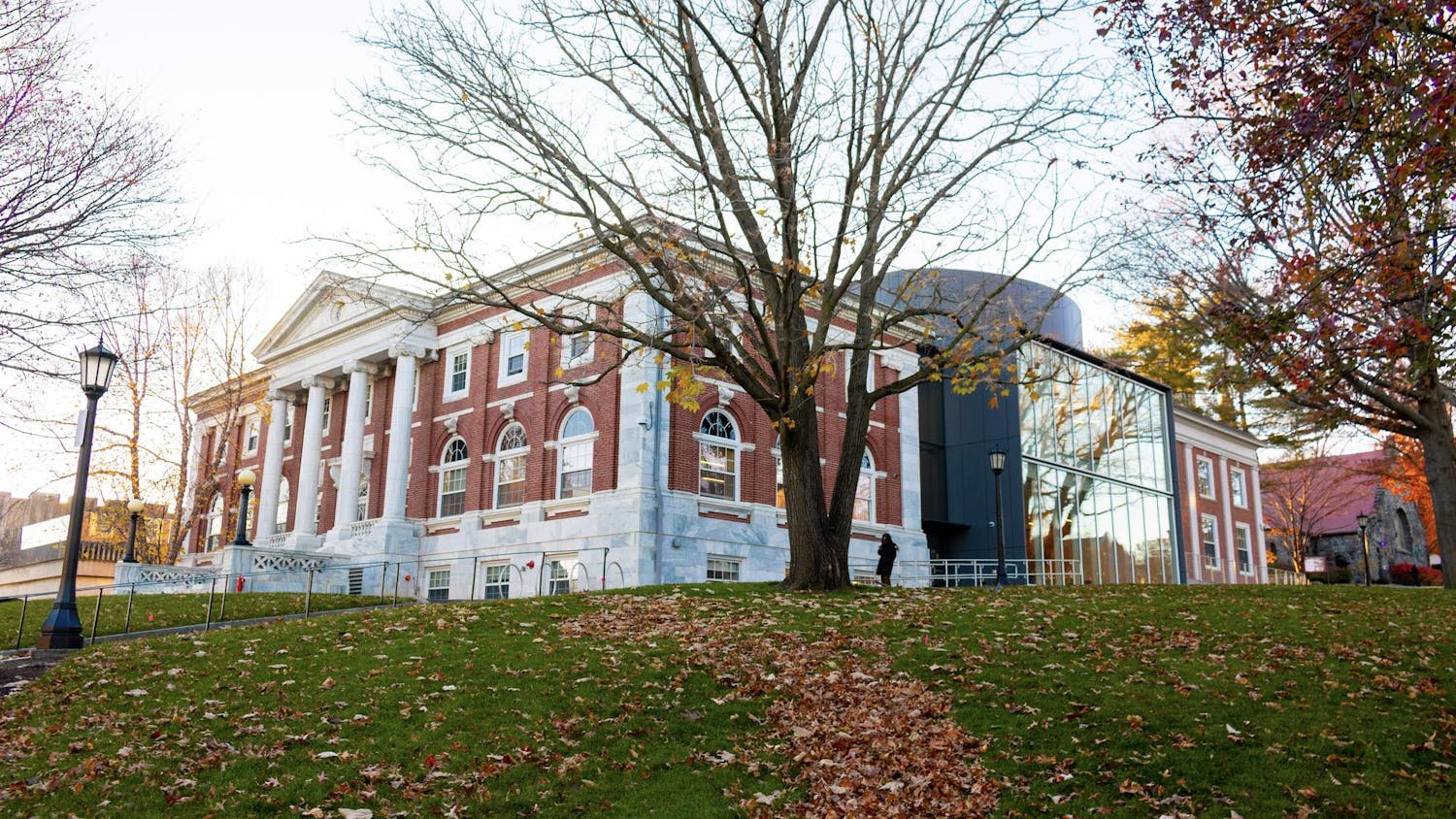California just passed legislation that limits the use of rap lyrics and other forms of artistic expression against artists in court. Assembly Bill No. 2799, also known as the Decriminalizing Artistic Expression Act, requires judges to carefully determine whether the corroborative value of the evidence outweighs the danger of unfair bias caused by its use.
Similar legislation to secure artistic freedom has been introduced in other states and nationwide. In July, representatives from New York and Georgia introduced the Restoring Artistic Protection Bill — which seeks to provide similar protections at the national level — in the House of Representatives.
It is crucial to recognize that there is a strong racial bias implicit in the use of rap lyrics in court. White artists like Johnny Cash (who often sang about murder), Queen (with lyrics like “Mama, just killed a man…”) and Bob Dylan (with his anti-war protest songs) never dealt with legal backlash against their artistry.
Recent progress toward recognizing and repairing racial injustices in prosecuting artistic expression are a step in the right direction. The Decriminalizing Artistic Expression Act was heralded by the Black Music Action Coalition for its progress towards reducing systemic racism in the judicial system. Also in California, two murder convictions were recently overturned based on the 2020 Racial Justice Act, which is intended to reduce the usage of racial bias in court. The two defendants’ convictions were overturned because the use of rap lyrics in court most likely “injected racial bias” in the proceedings.
Rap music has been given a negative connotation by some. Studies have shown that an implicit cognitive bias exists against the genre as a whole. In one such study, participants were shown identical lyrics and then told the genre was either country or rap. When the lyrics were attributed to rap, participants were more likely to take them literally and find them offensive. The results of this experiment are very troubling, especially if these lyrics are presented to a jury that will decide someone’s fate.
So, what exactly does legislation like California’s mean for artists? What this new bill highlights is the often-blurry boundary between art that pushes the limits and dangerous speech. At its most basic level, the bill is an affirmation of artists’ free speech, something that was not promised in the past.
The new law passed in California does not forbid the usage of lyrics in court. Instead, it simply tries to limit the widespread, predatory use of the practice. This will help ensure that artists will not fear writing lyrics on important yet sensitive topics while also allowing for prosecution in the rare cases where rap lyrics are a solid form of evidence.
To allow the use of vague lyrics as evidence in court is clearly unreasonable under the First Amendment, which protects the right to freedom of speech without prosecution in most cases. However, prosecutors have used rap lyrics as evidence in a staggering amount of cases — over 500 in the past 30 years, according to research cited in the Washington Post. Not only does this weaponize an artist’s own lyrics against them, it also results in a stifling of artistic expression over fear of legal trouble.
Artists such as Snoop Dogg and Tekashi 6ix9ine have had their own writing used against them in court. Even more recently, rappers Young Thug and Gunna, along with 26 others, were arrested for a variety of gang-related crimes. Charges against them were heavily based on rap lyrics, including ones as vague as “I’m prepared to take them down.”
Though California’s new law and the movement towards decriminalizing rap lyrics should generally be celebrated, it is important to acknowledge the outlying bad actors that persist in every genre. In one case in Texas, artist Tay-K’s song “The Race” details his escape from the law as well as the illegal activities he participated in. After being tried, he was sentenced to 55 years in prison for murder.
By passing laws such as the Restoring Artistic Protection Bill at the federal level, lawmakers have the potential to dismantle another piece of racial discrimination that persists in the judicial branch. In a country where Black people are 12 times more likely to be convicted of a drug charge than white people, efforts to address systemic racism in the criminal justice system are essential.
California’s new ruling is a strong step forward in preserving the right of artists to express themselves. Rap, and art in general, is about pushing the boundaries of cultural norms and not worrying about your voice being silenced. As the United States becomes increasingly divided over a multitude of issues, having protections in place that ensure freedom of speech are more important than ever before.






